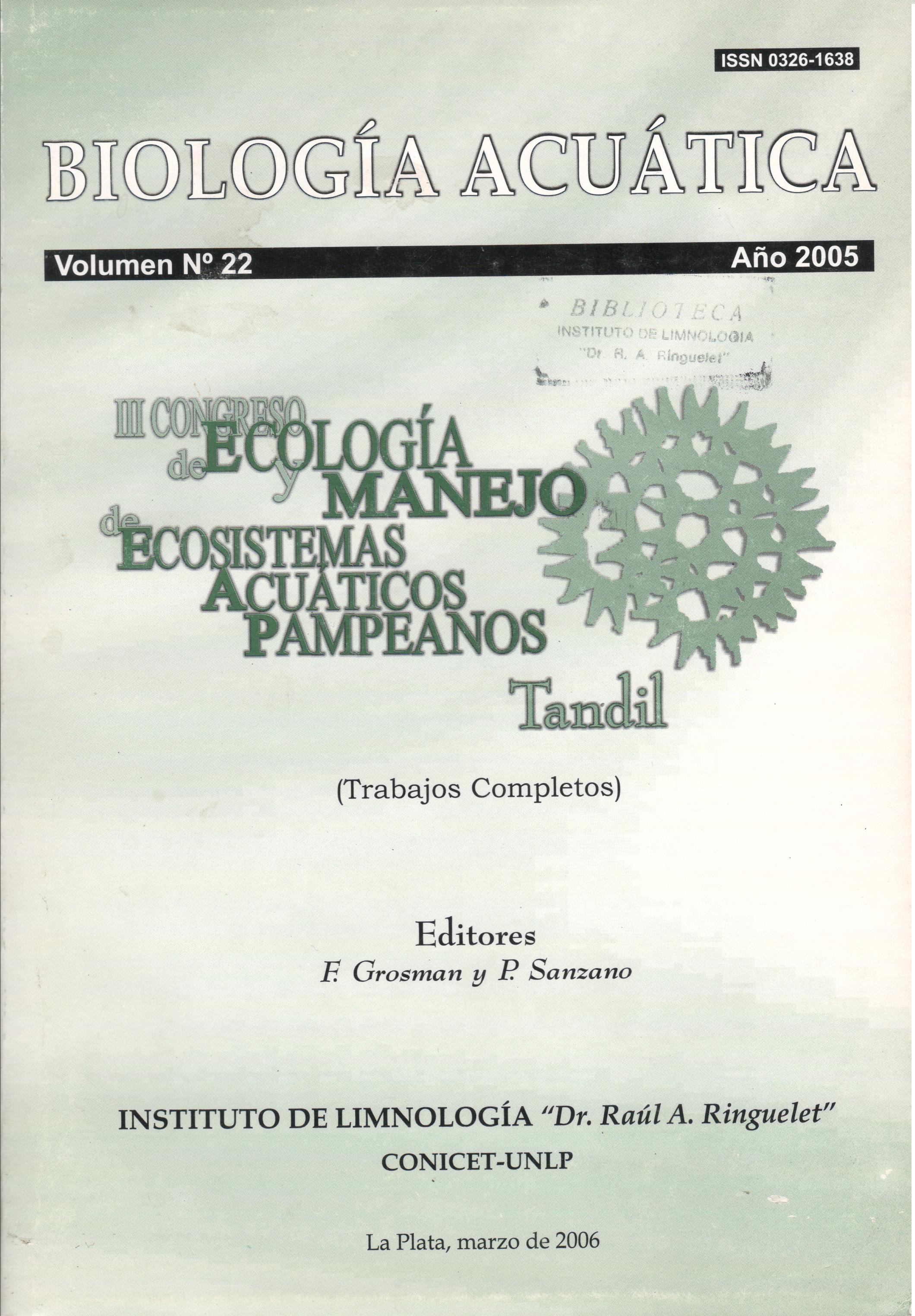Posible rol de la gallareta chica (Fulica leucoptera) en la contaminación de aguas superficiales con quistes de Giardia sp. (Orden Diplomonadida, fam.Hexamitidae)
Palabras clave:
Garfia sp., Fulica leucoptera, zoonosis, Argentina, parasitologíaResumen
Giardia sp. is a genus of endoparasite protozoo of the small intestine, responsible for infections generally asymptomatic, especially in children. They can cause acute, sub acute, and chronic diarrheas and duodenal irritation with increment of the mucus and deficiencies in the absorption of liposolubles vitamins. Giardia sp. can inhibit the activity of the pancreatic lipasa causing mal absorption of fats. Their cysts remain viable more than two weeks in humid areas and the way of infection is by ingestion of water or polluted foods with cysts. Studies carried out in the Canadian goose (Branta canadensis) determined the presence of cysts of Giardia sp. in the faecal pellets of these birds, and considering their migratory nature the possible dissemination of the parasite has special interest. Giardia sp.has been also identified in feces of other aquatic birds that are considered reservoirs. The small gallareta (Fulica leucoptera) possesses a wide and profuse distribution in Argentina. It occupies a similar ecological niche of that of the Canadian goose, so their possible participation in the contamination of the superficial waters with cysts of Giardia sp. can be considere. With the purpose of testing this possibility, were captured some gallaretas in the complex Nordelta-Tigre (Bs. As., Argentina), taking samples of faecal pellets and duodenal content. The carried out studies did not showed Giardia sp. Anyway, it should be taken in to consideration the small size of the sample and it restricted geographical representation before possible epidemic inferences. The results provide original information on the rol of the wild aquatic birds as possible agents of dispersion of parasitosis whit importance in public health.






















